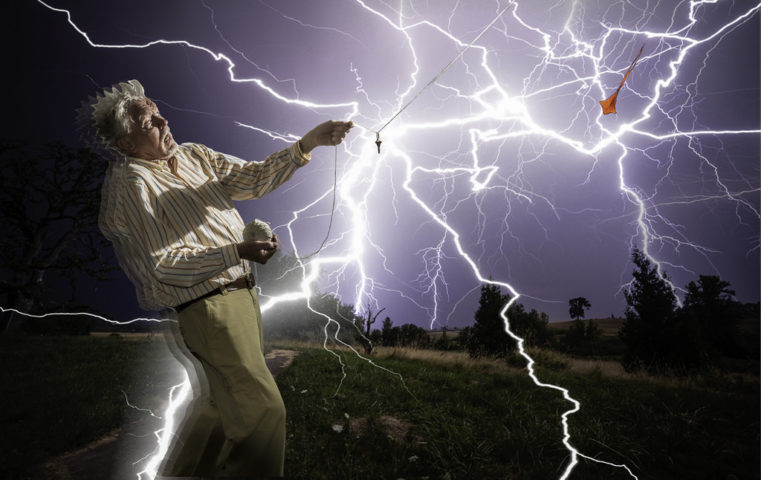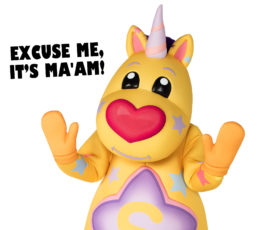Are hundreds of Australians dying from the vaccine?

Have you heard from some people on social media that there are hundreds of deaths from the covid vaccines in Australia?
To set the facts out right from the start… It’s not true. There have been only nine.
But, here is where this misinformation comes from.
Misreading the TGA
Often, people point to the DAEN (Database of Adverse Event Notifications) report released weekly by Australia’s TGA (Therapeutic Goods Administration). In the report, it states how many number of cases there were “where death was a reported outcome”. For the latest report that number is 556.
Understandably, people read that and at first presume that means that there were 556 deaths from the covid vaccine.
This then gets passed on and circulated without question and eventually it even ends up on official politcal party websites (such as THIS from Clive Palmer and the United Australia Party), further giving seeming credibility to the idea.
If you have been mislead by this claim going around, I understand. We trust claims when they sound official and espcially when they are supposedly backed up by the country’s offical reporting agency.
But this is not what the report is saying.
The fact is, whenever someone died within a timeframe that is close to their vaccination, their death gets reported to the TGA. Hundreds of these reports come in, but each one gets carefully assessed to see if the vaccine contributed in any way to the death. After they make their assessment, they publish both sets of data. The number or initial reports and the number of actual cases where the death was caused by the vaccine.

A Birthday Cake Illustration
Think of it like this. If you were asked to find every single death that occured in the week following after the deceased person had eaten birthday cake, you might find hundreds of such cases. Let’s say you found 556.
Then, they investigate each case and discover that out of the 556, 2 were poisoned by the cake, 3 had an allergic reaction to one of the cakes ingredience and a further 4 choked on it. The other 556 were just people who died, because humans are mortal, with no connection to the birthday cake. So 556 reports of death and 9 confirmed deaths by birthday cake.
Now imagine you released both those numbers to the public and people took the chart that reported the 535 cases of death that occured after eating birthday cake and made the claim that the official “Birthday Cake Death Toll” was 556! This would be reporting the death number in your report correctly, but interpreting what it means completely wrong.
It would be especially incorrect if people didn’t even mention how you had also published the actual confirmed death toll from birthday cake as 9.
This is exactly what is happening with the TGA’s report on covid vaccine deaths.
This is how the TGA themselves explain it
If you think I am misinterpreting the data, this is it from the TGA themselves:
“Large scale vaccination means that coincidentally some people will experience a new illness or die within a few days or weeks of vaccination. The TGA reviews all deaths reported in people who have been vaccinated. As the number of vaccinated people has increased, so has reporting of fatal events with a coincidental association with vaccination. This does not indicate a link between vaccination and the fatalities reported. Review of individual reports and patterns of reporting does not suggest the vaccines played a role in these deaths.
Since the beginning of the vaccine rollout to 19 September 2021, approximately 24.8 million doses of COVID-19 vaccines have been given. So far, the TGA has found that 9 reports of deaths were linked to immunisation from 556 reports received and reviewed.
The overwhelming majority of deaths reported to the TGA following vaccination occurred in people aged 65 years and older. The deaths linked to immunisation occurred after the first dose of Vaxzevria (AstraZeneca) – 8 were TTS cases and one was a case of immune thrombocytopenia (ITP).”
Catch that? 556 reports. 9 deaths from the vaccine.
The misinformation that there have been hundreds of deaths caused by the vaccine is all the more persuasive to people because it uses a misreading of a true and official TGA report. But it is so important that we understand what these reports are actually showing and how to read them.
The TGA is also very aware that people have misinterpret and misued the data they provide:
“We are aware of false claims that have been circulating based on misinterpretation of information published in the DAEN. Reports are entered into the database without being assessed to determine if they are caused by the vaccine. We encourage people to report suspected side effects, even if there is only a small chance that the vaccine caused them. For this reason, publication of a report in the DAEN does not mean that the vaccine caused the adverse event, but simply reflects the observations of the person who reported the event.
In some states and territories, the reporting of specific events, such as death, that occur closely following a vaccination is mandatory for health professionals. For this reason, the number of adverse events and deaths reported in the DAEN is not an indication of the safety of the vaccines. Expert review and investigation are needed to determine which events were caused by the vaccine. The outcomes of our analysis of adverse event reports are communicated in this report each week.”
And just in case you think I took the TGA out of context, you can read the above quotes HERE.

Staggeringly Safe
The big message we can actually interpret from the TGA report is just how ridiculously safe the vaccines actually are. Think of it. 9 deaths in around 26,130,313 doses of vaccine so far in Australia! That’s a 1 in 3 miliion, or 0.00003% chance of dying from the vaccine based on Australian statistics. Don’t believe anyone who tries to exaggerate the risk or tell you the lie that “more people die from the vaccines than from covid”.
You’ve literally got about twice as much chance of being struck by lightning in Australia.
Staggeringly Transparent
The other thing this report shows is how much our health system is actually committed to transparency. Despite all the claims of cover-ups and conspiracy and data being swept under the carpet, if that were the case, then they are doing a terrible job at hiding the information. On the TGA website, they list every single reported side effect and death of every medicine in Australia. It’s crazy transparency.
But with that exhaustive amount of data, it is understandble that the interpretation can easily be lost in translation by those who are afraid of the vaccines and will gravitate to anything that might confirm their fears (not to mention others who are deliberately trying to undermine vaccines).
PLEASE, if you have been fooled by this misinformation, do not receive any judgment from this article. Just treat it as a learning experience and look twice next time. Always check the source of the information you are being given and have a healthy level of skepticism in our institutions, but not an unhealthy level.
If you know people who might find this article helpful, please share this information and if you see people suggesting there have been hundreds of deaths from the vaccines in Australia, please lovingly and patiently help them see what the TGA report actually says.

(428)



















